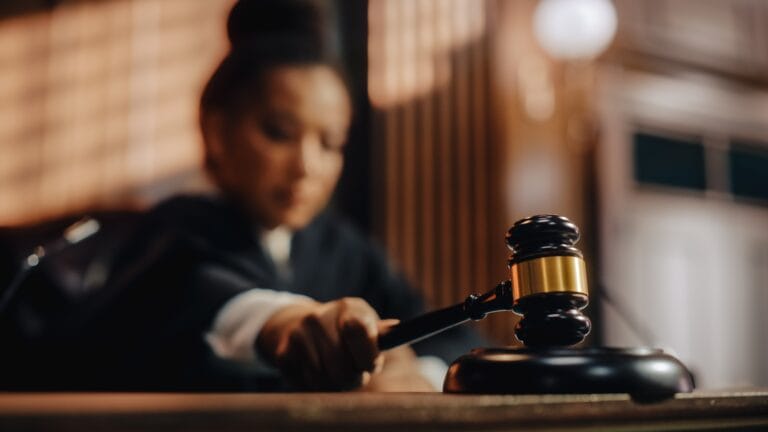When is cost-shifting justified? What qualifies as appropriate evidence when defending a proportionality claim? In 2020, the legal community witnessed several noteworthy eDiscovery decisions, each seeking to answer complex questions like these. In this article, we’re going to review some of these biggest eDiscovery cases of the year. Let’s get started!
Lawson v. Spirit AeroSystems¹
This case centers on a dispute between a newly-retired CEO and his former employer. The plaintiff, Lawson, alleged that the company failed to properly pay out his retirement earnings. Spirit AeroSystems claimed that Lawson had violated his non-compete agreement by consulting with a competitor. Lawson did not deny that he had engaged in consulting services, but he argued that the business was not a direct competitor of Spirit Aerosystems.
The Discovery Challenge:
After traditional eDiscovery methods didn’t produce the desired results, the plaintiff wanted the defendant to continue discovery using TAR methods. The defendant argued that TAR methods were an unnecessary expense and unlikely to succeed.
The Decision:
Before agreeing to the use of TAR review, the Court issued a warning that doing so might shift expenses over to Lawson. As expected, the defendant filed a Motion to Shift Costs of Technology Assisted Review of ESI to plaintiff, which the court granted.
The Implications:
Cost-shifting decisions don’t typically occur during discovery. However, since the TAR process was disproportionate to the needs of the case, the court granted the defendant’s request. This happened because the plaintiff knowingly requested TAR review, knowing it would raise expenses and likely not yield anything significantly valuable. For legal professionals, perhaps the most critical takeaway is that cost-shifting can still occur during discovery when the proportionality factors weigh in favor of the responding party.
Livingston v. City of Chicago²
In 2019, a dozen women filed a discrimination lawsuit against the municipal corporation of Chicago. The plaintiffs were all female, and each had previously applied for a Fire Paramedic position with the city. They alleged that the department had discriminated against them on the basis of their sex during the hiring process.
The Discovery Challenge:
During the discovery process, parties strongly disagreed on the appropriate eDiscovery measures. The city used search terms provided by the plaintiffs to cull the data. This produced a data set that they intended to evaluate using TAR methods for a relevance search. The plaintiffs objected and demanded that the city produce all relevant and non-privileged documents from that initial search or follow a TAR protocol that they would dictate.
The Decision:
The court determined that plaintiffs’ insistence on dictating the TAR process had no foothold in the federal rules. Their motion was denied and the city was free to develop practical protocols for what requesting parties can do with the data.
The Implications:
This case echoes the central principle of the Lawson decision. We see that wasteful and unduly burdensome discovery requests can trigger greater scrutiny. Furthermore, we can infer that using TAR is an accepted practice that can significantly cut down eDiscovery costs while still maintaining the integrity of the responsive data set.
Final Thoughts
Thanks for reading! We hope you enjoyed the first installment of this series. Don’t forget to check back in a few weeks for more eDiscovery case breakdowns.
In the meantime, remember: our experts are prepared to assist you with both remote and traditional discovery methods. From leveraging your existing technology to deploying a new solution, First Legal will make the technology work for you!
___________
¹ Lawson v. Spirit AeroSystems, 2020 WL 3288058 (D. Kan. June 18, 2020)
²Livingston v. City of Chicago, No. 16-cv-10156 (N.D. Ill. Sep 3, 2020)





